- Home
- Scientific Research
- Rapatriement des cerveaux Program
Rapatriement des cerveaux Program
Counter the exodus of researchers
The Rapatriement des cerveaux Program aims to attract cancer researchers to Montreal who are pursuing their careers outside the country by funding their research over five years.
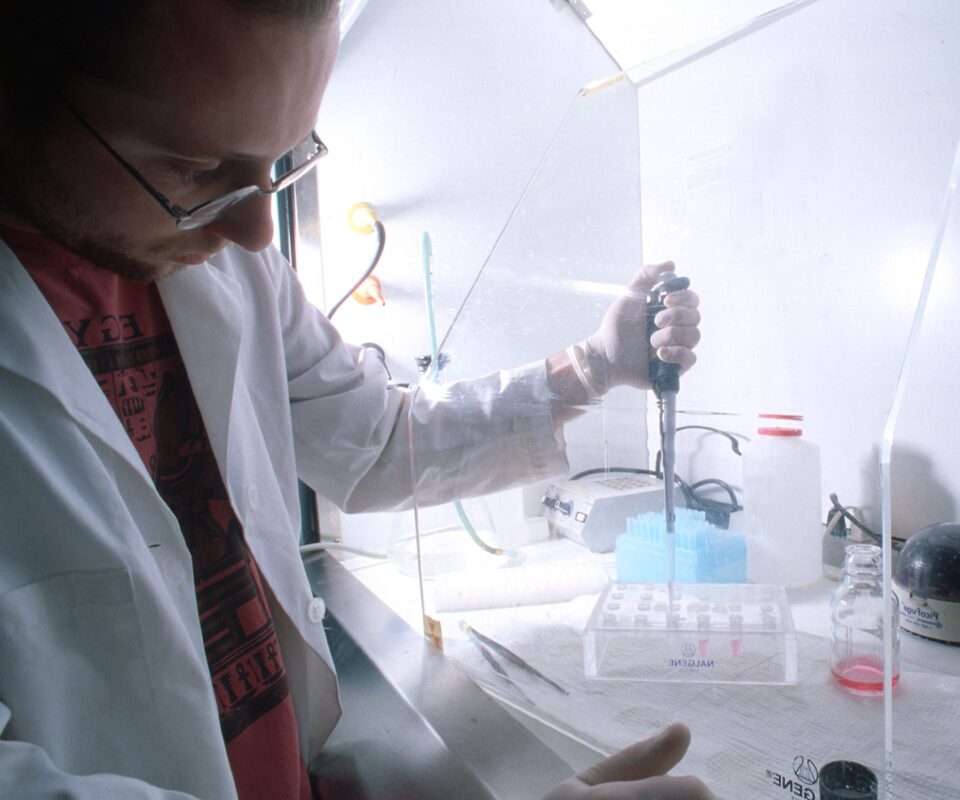
The Rapatriement des cerveaux Program was launched in 2007 by the Montreal Cancer Institute during a major campaign organized as part of the 60th anniversary of its founding. During this campaign, a net amount of $1.2 million was raised.
This program helps to counter the exodus of researchers, a phenomenon that threatens scientific progress in cancer research and the influence of Montreal researchers. With these funds, the Institute facilitates the return of researchers to Montreal by providing them with $250,000 in start-up funds to support them during their first five years. To date, it has helped 13 top researchers return to the CHUM Research Centre, set up their laboratories and build their research teams.
The 12 researchers repatriated through this program are :
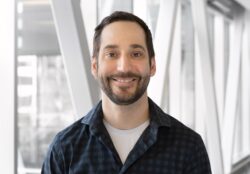 |
Dominic Roy received his PhD from the University of Ottawa in 2016. He was repatriated in 2022 from McGill University in Montreal. He specializes in metabolism, oncolytic viruses and immunotherapy. Check out his researcher sheet here. |
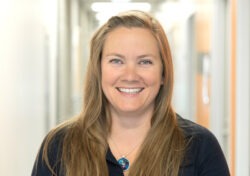 |
Marie-Claude Bourgeois-Daigneault received her PhD from the Université de Montréal in 2012. She was repatriated in 2018 from the Ottawa Hospital Research Institute in Ontario. She specializes in cancer viral therapy and cancer vaccination. View her researcher sheet here. |
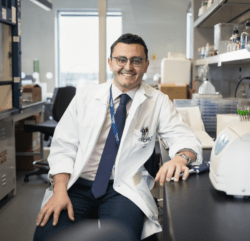 |
Dr. Bertrand Routy received his PhD in 2017 from the University of Paris XI (Paris-Sud). He was repatriated from the Institut Gustave Roussy of the University of Paris XI (Paris-Sud) in 2018. He specializes in hemato-oncology. View his researcher sheet here. |
 |
Dre Saima Hassan a obtenu son Ph.D. en chirurgie expérimentale de l’Université McGill en 2009, après avoir été diplômée de la Faculté de médecine. Rapatriée en 2016 de l’Oregon Health and Science University, Oregon, États-Unis, Dre Hassan se concentre sur le rôle des inhibiteurs de PARP pour les patients avec le cancer du sein triple-négatif. Consultez sa fiche de chercheuse ici. |
 |
Dr. Philip Wong graduated from McGill University in 2010 with a degree in radiation oncology. He was repatriated in 2014 from the CIHR Terry Fox Foundation, Toronto. He specializes in translational research on radiation therapy and sarcoma. |
 |
Dr. Simon Turcotte received his medical degree in 2003 and his master’s degree in 2008 in biomedical sciences from the Université de Montréal. He was repatriated in 2013 from Memorial Sloan-Kettering Cancer Center, New York, USA. He specializes in immune recognition of gastrointestinal cancers. View his researcher sheet here. |
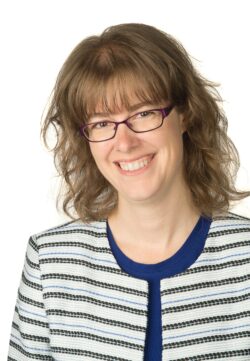 |
Dr. Dominique Trudel received her PhD in 2014 from Laval University. She was repatriated in 2013 from the University Health Network, Toronto. She specializes in the diagnostic and prognostic application of tissue and optical markers in prostate cancers. View her researcher sheet here. |
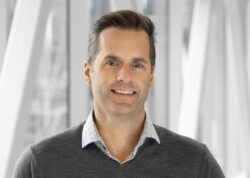 |
John Stagg received his PhD from McGill University. He was repatriated in 2010 from the Peter MacCallum Cancer Centre, Melbourne, Australia. He specializes in the development of targeted cancer therapies based on the stimulation of the anti-tumor immune response. View his researcher sheet here. |
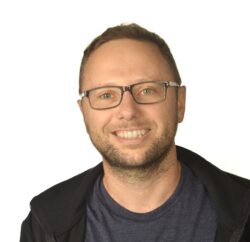 |
Francis Rodier received his PhD in 2005 from the Université de Montréal and was repatriated in 2009 from the Buck Institute for Research on Aging, California, USA. He specializes in exploring the cross-relationship between cellular senescence, aging and cancer. View his researcher sheet here. |
 |
Dr. Jean-François Cailhier did his medical training at the Université de Montréal and his PhD at the University of Edinburgh, UK. He was repatriated in 2008 and specializes in evaluating the role of inflammatory and neoplastic microenvironments in macrophage reprogramming. View his researcher sheet here. |
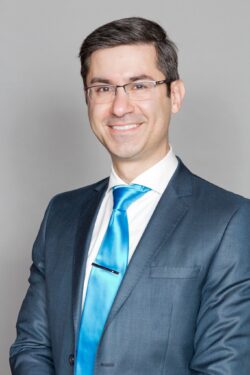 |
Dr. Jean Baptiste Lattouf received his medical degree in 1999 from the Université de Montréal. He was repatriated in 2008 after completing his post-doctoral fellowship at the National Institutes of Health, Maryland, USA. He specializes in immunology, molecular biology and biomarkers in kidney cancer. View his researcher sheet here. |
 |
Dre Arielle Elkrief explore l’impact des microbiomes intestinal et tumoral sur l’immunothérapie. Elle dirige le plus grand essai mondial de transplantation de microbiote fécal pour le mélanome .Consultez sa fiche de chercheuse ici. |
 |
Dr Antoine Desilets se spécialise en oncologie de précision et dirige des études cliniques basées sur le séquençage génétique des tumeurs pour développer des thérapies innovantes contre les cancers solides. Consultez sa fiche de chercheur ici. |
 |
Dr Alexandre Pellan Cheng développe des outils non invasifs de diagnostic précoce du cancer, notamment des biopsies liquides basées sur l’analyse de l’ADN circulant libre. Consultez sa fiche de chercheur ici. |
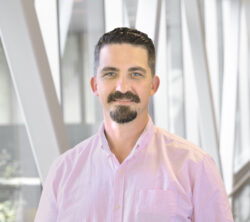 |
Dr. Tyler T. Cooper’s research bridges molecular biology, proteomics, and nanotechnology to decode how extracellular vesicles (EVs) mediate communication between cells in health and disease. View his researcher sheet here. |
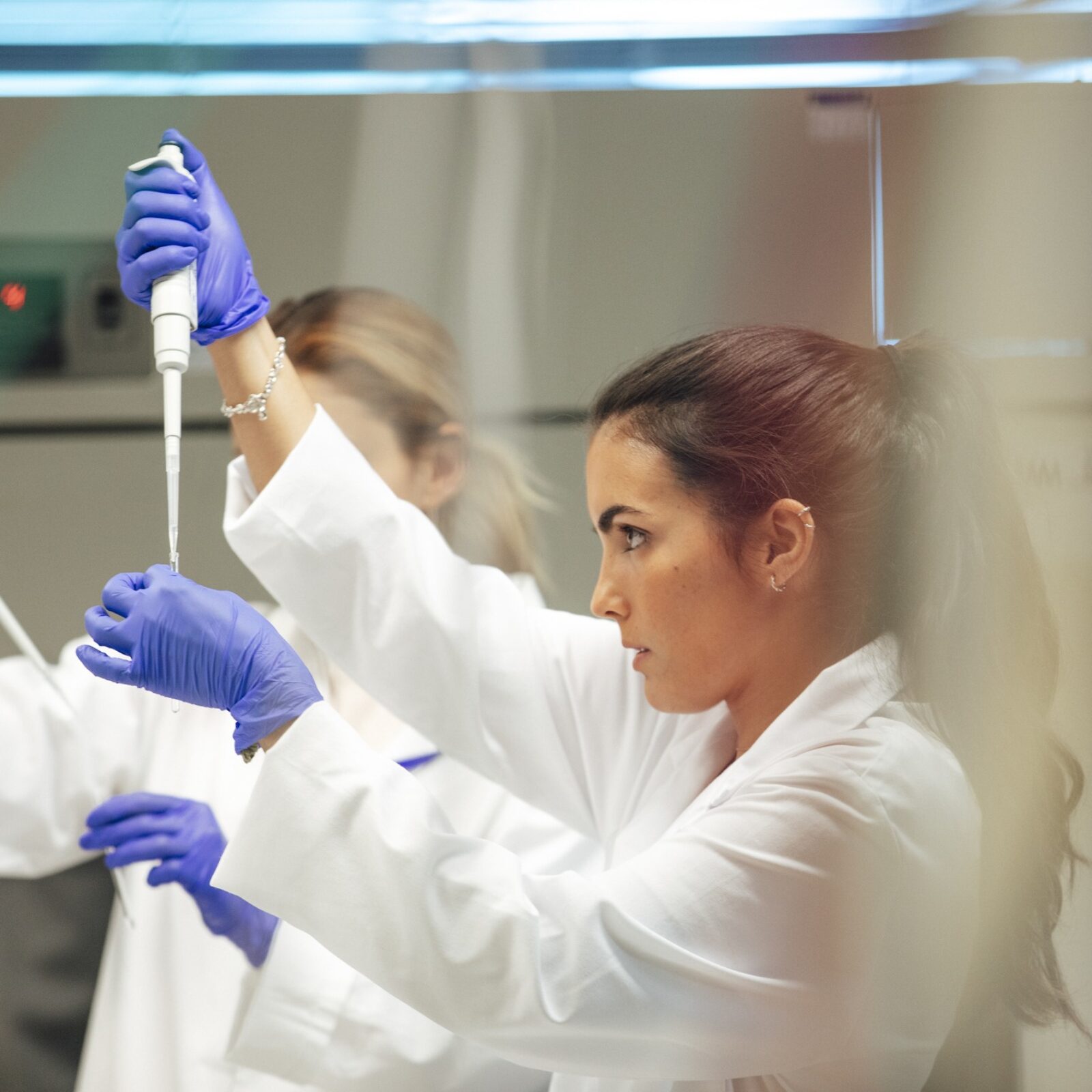
Subscribe to our newsletter

